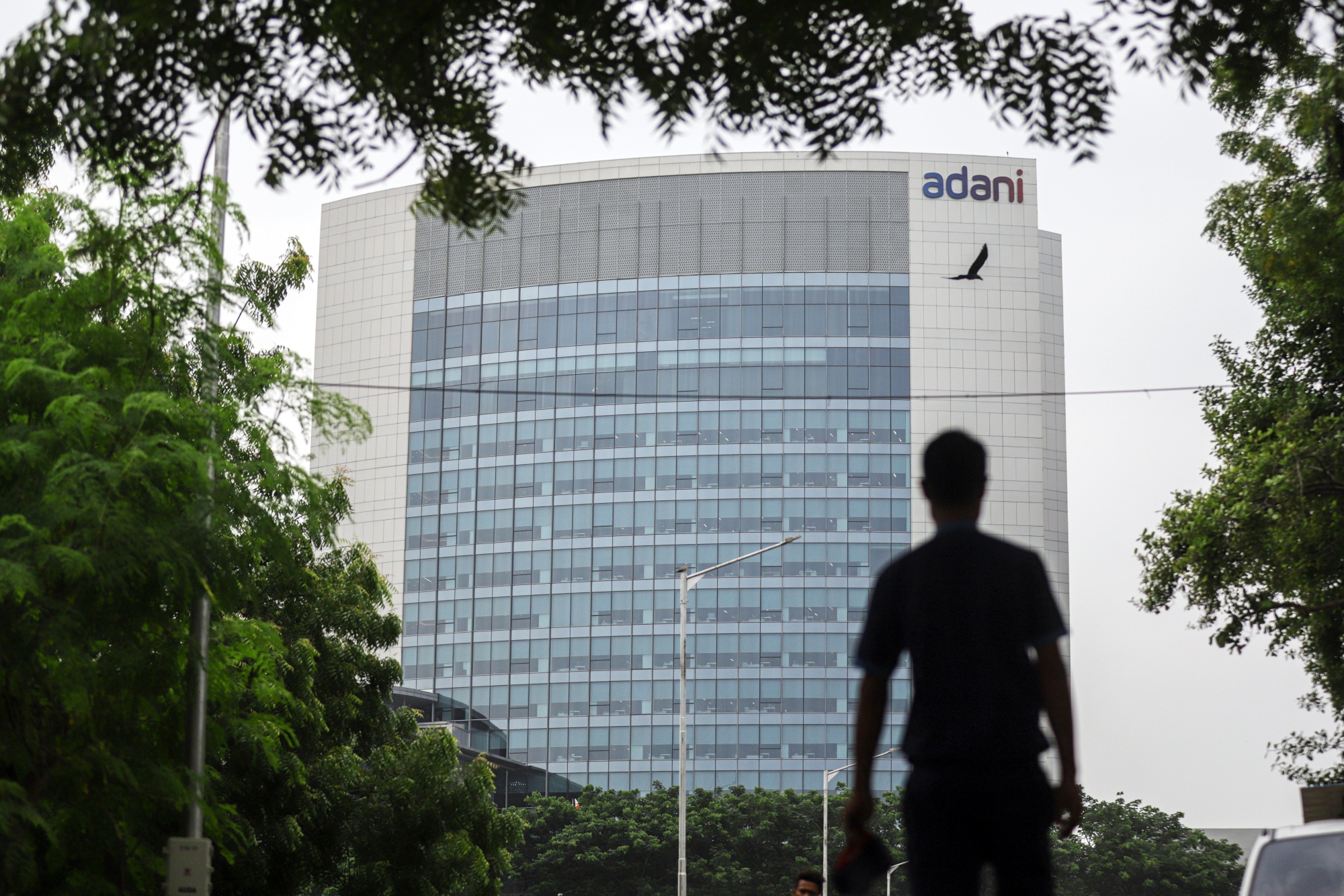
Kenya has approved a $907 million proposal from Adani Energy Solutions, the power distribution arm of India’s Adani Group, to construct transmission lines and substations in the Eastern and Western regions of the country. This initiative aligns with Kenya’s strategic efforts to modernize its ageing power infrastructure and mitigate frequent outages and energy losses.
Project Overview and Scope
Adani Energy Solutions, which manages over 21,000 km of power distribution lines globally, will build 371 km of new transmission lines and five substations. This project will be executed under a Public-Private Partnership (PPP) model, a framework Kenya has increasingly adopted to fund large-scale infrastructure projects amidst rising national debt. The Kenyan Treasury confirmed that the project’s development or feasibility study report was completed, submitted, and approved in May 2024, setting the stage for contract negotiations .
Addressing Infrastructure Challenges
The project aims to overhaul Kenya’s outdated power distribution network, reducing technical and non-technical losses that contribute to frequent power outages. Modernizing these lines is crucial for Kenya’s economic growth and stability, ensuring a reliable power supply for both urban and rural areas .
Controversies Surrounding Adani Group Projects
The approval of the Adani power transmission project comes amid public discontent over a separate deal involving Adani Airport Holdings. This agreement pertains to the renovation and operation of Jomo Kenyatta International Airport (JKIA) and has sparked significant public anger due to perceived lack of transparency and concerns over inflated project costs.
In a notable incident, President William Ruto initially denied knowledge of the $1.85 billion JKIA concession. However, the Kenya Airports Authority (KAA) later confirmed the deal in local newspapers. The agreement grants Adani Airport Holdings a 30-year concession to manage Kenya’s primary airport, despite ongoing public outcry and allegations of opaqueness .
Adani Group’s Expansion Amid Allegations
The Adani Group, led by Gautam Adani, one of Asia’s wealthiest individuals, has been expanding its infrastructure operations globally, including in Africa. This expansion continues despite damaging allegations of corporate fraud and market manipulation by Hindenburg Research in 2023. These allegations led to a dramatic $140 billion sell-off in Adani’s listed stocks, although the stocks have since shown signs of recovery. Recently, Adani Group raised $1 billion in an equity sale, attracting bids from US investors, marking its first significant fundraising effort since the scandal .
Public-Private Partnerships and Future Prospects
Kenya’s reliance on PPPs for infrastructure development underscores the government’s strategy to leverage private investment to bridge funding gaps. However, this approach has raised concerns over transparency and the actual economic benefits of such deals. The Adani power transmission project is seen as a crucial step towards improving Kenya’s power infrastructure, but the broader implications of engaging with the Adani Group amidst ongoing controversies remain a topic of public and governmental scrutiny.
By modernizing its power infrastructure through strategic partnerships, Kenya aims to enhance its economic resilience and provide a stable power supply to support its growth ambitions. However, maintaining transparency and ensuring public trust in these initiatives will be essential for their long-term success.
